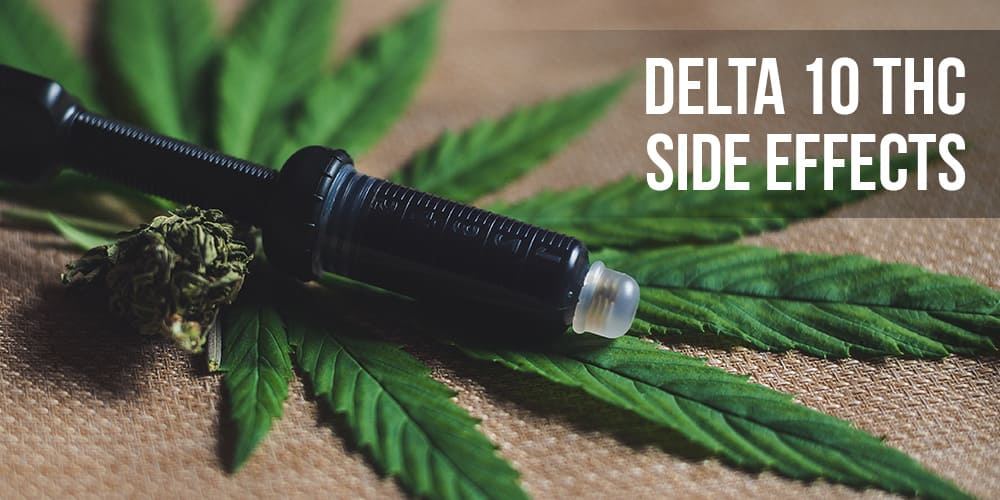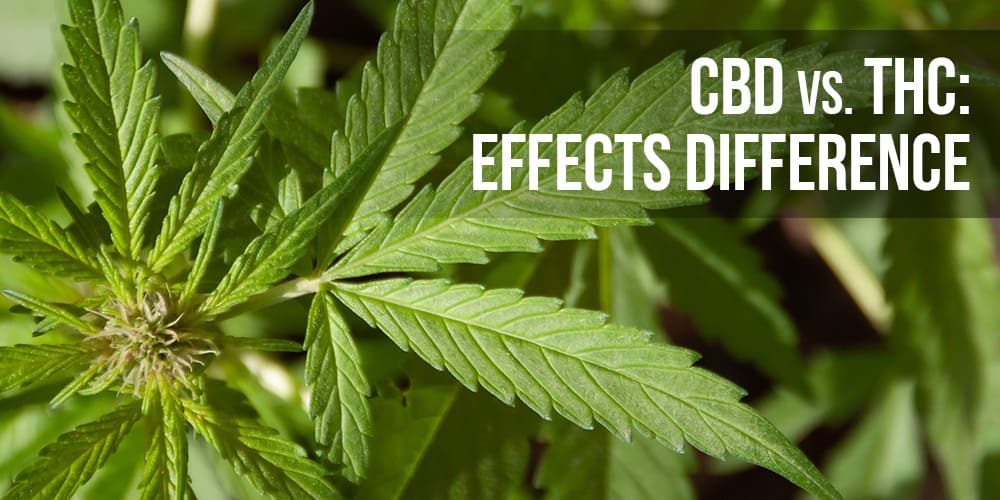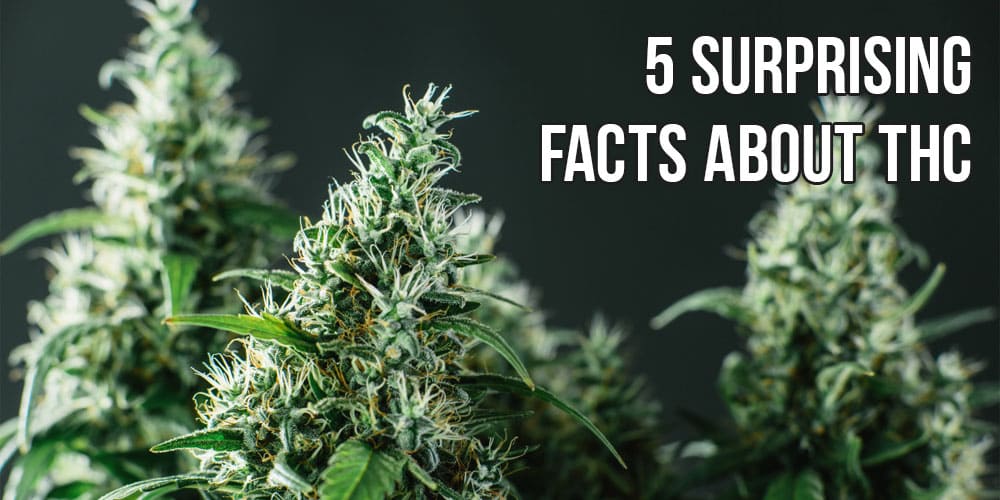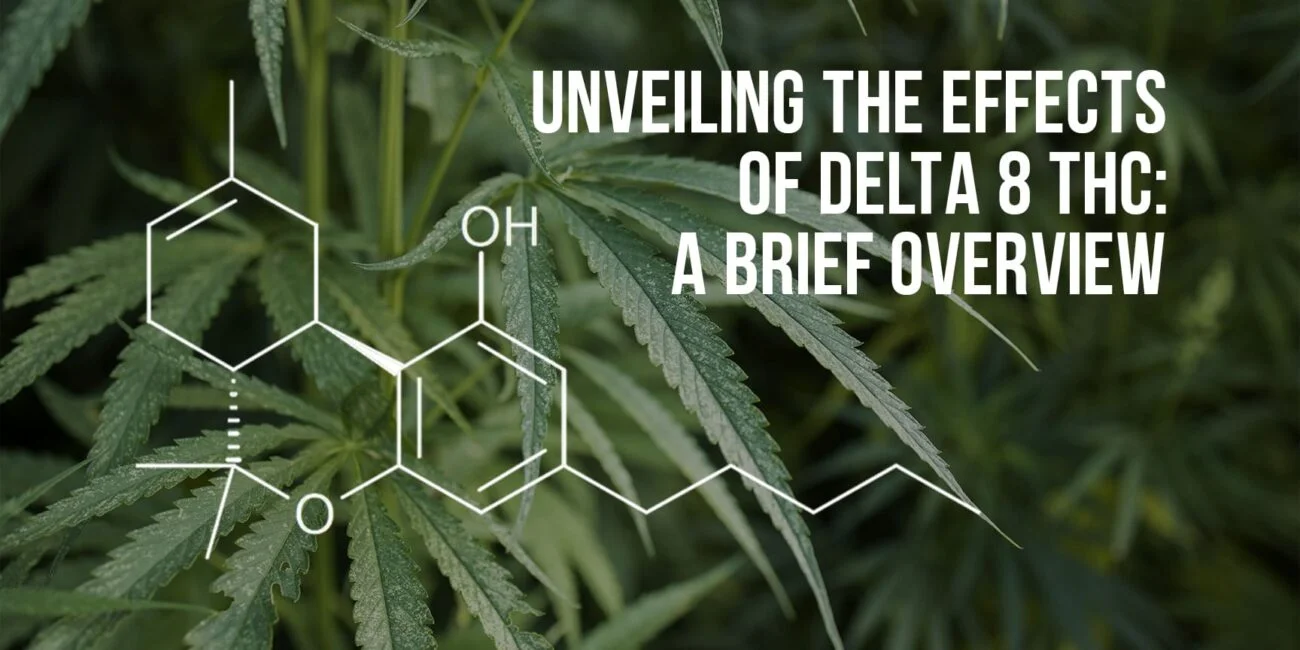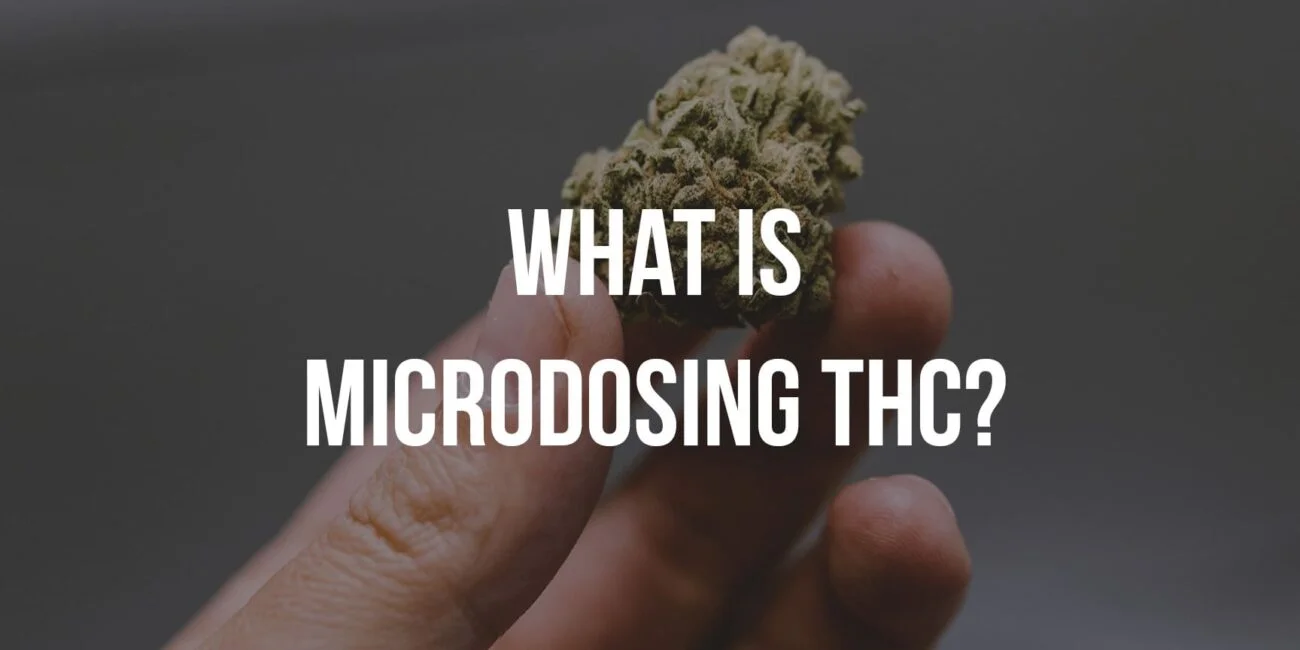Weed is known for its ability to make you hungry, commonly known as the “munchies.” The interaction between cannabis compounds, such as THC, and the body’s endocannabinoid system is responsible for attributing this effect.
The endocannabinoid system regulates various physiological processes, including appetite, and THC binds to cannabinoid receptors in the brain, enhancing hunger perception and making food more enticing.
How cannabis affects hunger?

Cannabis is well-known for its ability to stimulate appetite, and this is due to its interaction with the body’s natural systems involved in the hunger experience.
The endocannabinoid system (ECS), a widespread neuromodulatory system, plays a crucial role in the central nervous system, as recognized by the National Center for Biotechnology (NCBI) in their research.
The ECS consists of endogenous cannabinoids and cannabinoid receptors, and it has both intrinsic effects on our body’s natural systems and the ability to interact with external cannabinoids like THC, resulting in a wide range of effects.
When THC, a cannabinoid found in cannabis, binds with CB1 receptors in the brain’s olfactory bulb, it enhances the perception of hunger by making food smell and taste better.
Neuroscientists Edgar Soria-Gómez and Giovanni Marsicano led a study demonstrating this effect, in which mice exposed to THC exhibited a significantly higher attraction to smelly banana and almond oils compared to mice without THC.
Interestingly, the researchers also found that when hungry mice, as well as mice exposed to THC, experienced increased production of endocannabinoids in their olfactory bulbs. This suggests that both natural hunger and THC-induced appetite stimulation involve the same biological functions.
THC effectively replicates the natural feeling of hunger by stimulating the olfactory bulb in the brain, which intensifies the pleasurable sensations associated with eating sweet and salty snacks.
It’s important to note that THC doesn’t directly cause hunger but enhances the sensory experience of food. This distinction was further emphasized when the experiment was repeated with genetically engineered mice lacking cannabinoid receptors.
In these mice, THC did not increase their appetite or sense of smell, highlighting the crucial role of cannabinoid receptors in mediating these effects.
Additionally, THC interferes with the chemical signals responsible for signaling fullness to the brain. Specifically, it inhibits the communication of hypothalamic pro-opiomelanocortin (POMC) neurons, which normally indicate satiety.
By suppressing these chemical signals, THC prevents the brain from receiving the message that the stomach is full. Consequently, THC makes food smell and taste more enticing while also reducing the sensation of fullness, making it harder to resist indulging in snacks.
In summary, cannabis, particularly THC, interacts with the body’s endocannabinoid system to influence the hunger experience. By stimulating the olfactory bulb and enhancing the sensory perception of food, THC can make eating more appealing.
Moreover, it inhibits the signals that convey a feeling of fullness, contributing to the difficulty in resisting snack cravings.
Check it out in our catalog
Monster Cookies [Indica] — Mini joint infused+kief
Paradise Cream [Indica] — Mini joint infused+kief
How to minimize hunger from weed

While smoking weed can makes you hungry, the increase in appetite is often mild and short-lived. This might give the impression that smoking weed doesn’t really boost one’s appetite.
However, how much does weed make you hungry can vary depending on the strains consumed. By choosing strains carefully, it is possible to minimize the hunger-inducing effects of weed.
To manage the effects of weed on hunger, it is advisable to conduct research on the specific strains of interest before consumption. Numerous strain reviews are available online, offering valuable information to help make informed choices.
Reducing hunger from weed doesn’t follow a one-size-fits-all approach. It varies based on individual factors, such as tolerance levels and the specific strain being smoked.
If concerns about weight gain arise from consuming weed, maintaining a balanced diet and regular meal schedule is essential. Incorporating at least 30 minutes of daily exercise can also be beneficial.
To reduce post-smoking hunger, experts recommend eating before a smoke session. Preparing a satisfying sandwich or snack beforehand can help alleviate concerns about excessive hunger after smoking.
In summary, while weed can trigger hunger, its effects on appetite differ depending on the strains chosen. Researching strains beforehand and maintaining a balanced diet, regular meals, and exercise can aid in managing the impact of weed on appetite.
Additionally, eating prior to smoking can help minimize post-smoking hunger.
Weed also increases dopamine levels
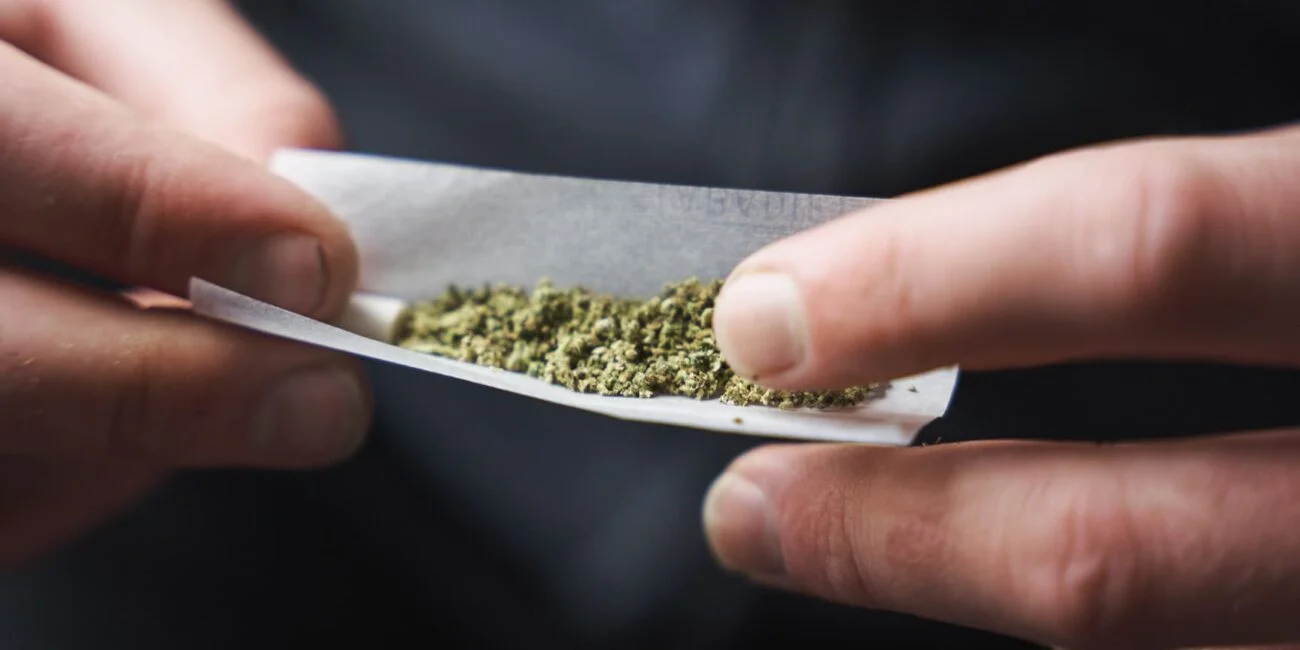
THC, in addition to affecting the endocannabinoid system, also has an impact on dopamine levels. Dopamine, a neurotransmitter, associates with pleasure and motivation. Consuming pleasurable foods typically leads to an increase in dopamine levels, which contributes to the enjoyable experience of eating.
The elevation of dopamine levels can also play a role in the phenomenon known as the “munchies.” When smoking weed, THC stimulates the release of dopamine, thereby intensifying the pleasure derived from eating. However, high dopamine levels can amplify food cravings and potentially result in overeating.
Moreover, dopamine has the ability to lower inhibitions, inducing a state of relaxation and heightening susceptibility to cravings. Unfortunately, this can lead to making less healthy food choices. For instance, when dopamine levels elevate, individuals are more likely to opt for junk food or fast food.
In summary, THC influences dopamine levels in addition to its impact on the endocannabinoid system. The increase in dopamine can enhance the pleasure derived from eating, contributing to the “munchies”.
However, heightened dopamine levels can also intensify food cravings, potentially leading to excessive consumption. Additionally, dopamine’s effect on inhibitions may influence the choice of less healthy food options.
Controlling hunger while using cannabis

The chemical processes underlying the relationship between cannabis use and hunger are highly intricate, but the general concept is straightforward: smoking cannabis tends to induce feelings of hunger.
The amount of THC consumed is linked to the intensity of hunger experienced. THC has a deceptive effect on the brain, making food appear irresistibly appealing during episodes of hunger.
Medical professionals have utilized THC’s impact on appetite to assist patients in increasing their food intake and gaining weight.
Individuals undergoing chemotherapy or suffering from eating disorders have found that weed make them hungry and stimulate their appetite. It also aiding in essential weight gain, which aids in their battle against diseases.
Nevertheless, many cannabis users are concerned about the potential for unwanted weight gain due to the munchies. While it may seem logical that regular cannabis use leads to frequent episodes of increased appetite and subsequent weight gain, this assumption is not necessarily true.
A three-year study conducted by the NCBI discovered an inverse correlation between cannabis use and obesity, as well as the association between cannabis use and increased body mass index (BMI).
The NCBI provides an extensive range of data that explores and discusses various proposed theories explaining why obesity rates tend to be lower in cannabis users compared to non-users.
One significant reason is that cannabinoids like CBD can help regulate insulin levels. The data suggests that cannabis can be an effective tool for weight loss when compared to other pharmaceutical or surgical methods.
Additionally, researchers have found that cannabis usage offers protection against obesity-related chronic illnesses and reduces deaths associated with pharmaceutical overdose.
While the chemical mechanisms involved are complex, it is generally observed that smoking cannabis often leads to increased hunger. Medical professionals have utilized THC’s ability to deceive the brain into finding food irresistible to assist patients in boosting their appetite and gaining weight.
However, research does not support the assumption that regular cannabis users inevitably experience weight gain. In fact, studies suggest an inverse relationship between cannabis use and obesity. Cannabinoids like CBD potentially playing a role in regulating insulin levels.
Moreover, cannabis usage has shown potential as a weight-loss tool. It also offers protective effects against obesity-related chronic diseases and pharmaceutical overdose.
You can find something for yourself in our catalog, for example Sauce Carts.
In conclusion, weed can makes you hungry. THC, the primary psychoactive compound in cannabis, stimulates the endocannabinoid system. Also it influences dopamine levels, resulting in heightened sensations of hunger and increased pleasure from eating.
However, the effects of cannabis on appetite can vary depending on the strains consumed, individual factors, and other variables.
While medical purposes have utilized cannabis to aid in appetite stimulation, such as assisting patients undergoing chemotherapy or those with eating disorders, the relationship between cannabis use and weight gain is not straightforward.
Research suggests that cannabis users may have a lower prevalence of obesity. Cannabinoids may have potential benefits for weight regulation and protection against obesity-related chronic illnesses.
Further studies are needed to fully understand the complexities of how weed make you hungry and its implications for overall health and well-being.
You can also read our article “Cannabis: smoking vs edibles”


